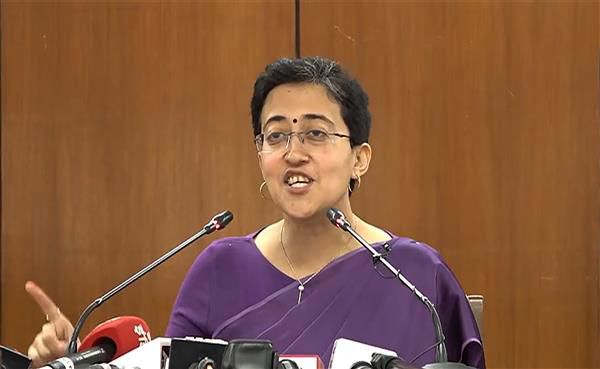Yenda Solar Farm Enhances Sustainability Efforts of Leading Australian Winery
Casella Family Brands (CFB), renowned for producing iconic wines like Yellowtail and Peter Lehmann, has taken a significant step towards sustainability with the activation of the Yenda Solar Farm. Situated in southern New South Wales, Australia, the $10 million solar farm boasts a capacity of 5.7 megawatts, aiming to curtail greenhouse gas emissions by a substantial 7,800 tonnes.
A Solar Initiative to Power Winemaking
Equipped with 8,900 solar panels, the Yenda Solar Farm is poised to generate up to 11.5 gigawatt hours annually, a sufficient amount to power over 1,900 homes. This endeavor marks a milestone, as it represents the largest solar installation directly catering to a beverage producer in Australia. Despite its vast capacity, the solar farm will address only 35% of CFB’s energy requirements due to nighttime limitations.
Tackling Carbon Footprint Challenges
John Casella, Managing Director of CFB, underscores the significance of this solar venture in the context of their energy-intensive operations. With a keen eye on sustainability, the winery aims to prioritize carbon footprint reduction and operational efficiency. While CFB harbors ambitions of carbon neutrality by 2050, their approach aligns with gradual progress rather than immediate targets, distinct from other industry counterparts.
Industry-wide Push for Sustainability
CFB’s move towards renewable energy mirrors a broader trend within the wine industry towards decarbonization. Australia’s wine sector, responsible for substantial carbon emissions, seeks to mitigate its environmental impact through initiatives like renewable energy adoption, lightweight packaging, and optimized supply chain logistics. Consumer preferences increasingly favor environmentally conscious products, driving industry players towards greener practices.
Consumer Consciousness Driving Change
The shift towards sustainability extends beyond industry giants like CFB, as evidenced by the endeavors of smaller, family-owned wineries like Ross Hill Wines. With a commitment to carbon neutrality since 2016, Ross Hill Wines exemplifies the growing consumer demand for eco-friendly products. Investments in solar technology and energy efficiency highlight the industry’s evolving landscape, where environmental stewardship intertwines with business success.
In a world increasingly shaped by climate concerns, the marriage of solar energy and winemaking exemplifies a harmonious blend of tradition and innovation, ensuring a sustainable future for viticulture in Australia.
Source:abc.net.au





